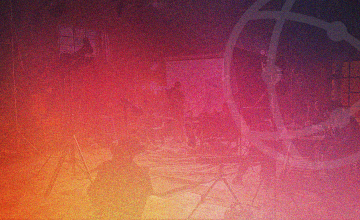The animated film Mahavatar Narsimha, directed by Ashwin Kumar, will be available for streaming on Netflix starting September 19. The film has become India’s highest-grossing animated feature, surpassing major franchises.
Director Ashwin Kumar’s animated mythological film, Mahavatar Narsimha, is ready for its highly anticipated OTT release. If you missed it in theaters, you can now watch the film on Netflix, where it will premiere on September 19.
Mahavatar Narsimha has achieved remarkable success, surpassing both Disney and Marvel films to become the highest-grossing animated film in India. On Thursday, the official X account of Netflix India shared the film’s poster and announced, “The roar of this lion can topple a kingdom 🦁💥 Watch Mahavatar Narsimha, out 19 September, 12:30 PM, on Netflix.”
The film debuted in theaters with modest expectations but went on to break multiple records, grossing over ₹ 300 crore globally. Directed by Ashwin Kumar, it tells the story of Prahlad and the rise of Mahavatar Narsimha. Produced by Kleem Productions and Hombale Films, this film is not only a standalone success but also the first installment in a planned cinematic universe inspired by the ten avatars of Lord Vishnu.
This film marks the beginning of the seven-part Mahavatar Cinematic Universe, which will explore the ten avatars of Lord Vishnu. Upcoming titles in the franchise include Mahavatar Parshuram (2027), Mahavatar Raghunandan (2029), Mahavatar Dhawkadhesh (2031), Mahavatar Gokulananda (2033), and Mahavatar Kalki (2035–2037).
In an interview, Ashwin Kumar expressed his belief in the need for more ethnic, cultural, and heritage stories on the big screen. He stated, “There has been a vacuum of our ethnic, cultural and heritage stories coming to the big screen, which they truly deserve. But somehow, unfortunately, these films have not been made to be seen on that kind of scale. But it’s about time we change it, because it is quite apparent the kind of vacuum and the kind of demand that’s there. I feel it’s our onus as creators, as producers, as directors, to really bring it forth. Because this is also not just a film, it’s the echo of our ancestors and our land and our history. It needs to be brought back, so that the virtues really get, you know, embedded forward into the generations.”
Disclaimer: This article has been auto-generated from a syndicated RSS feed and has not been edited by Vitrina staff. It is provided solely for informational purposes on a non-commercial basis.





























